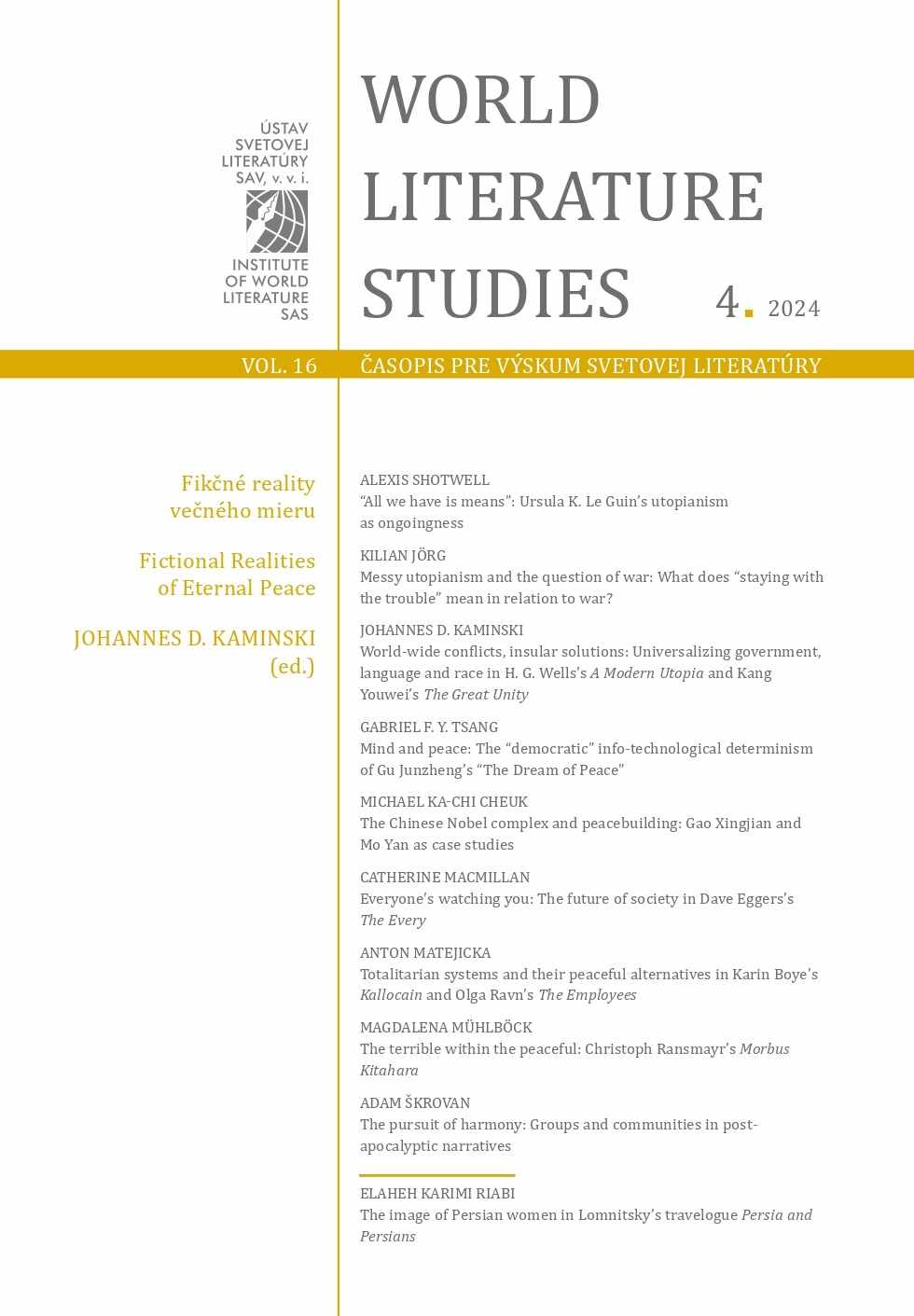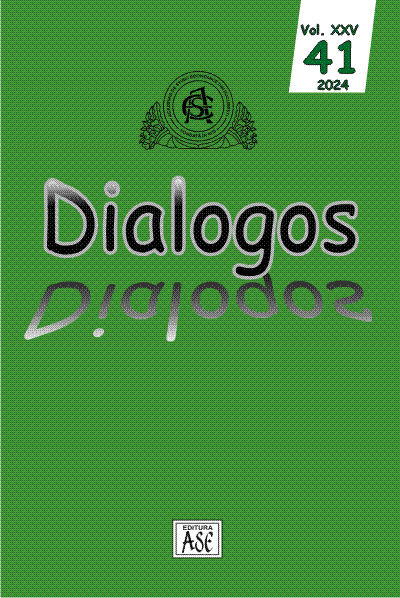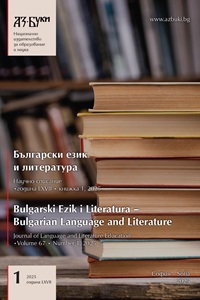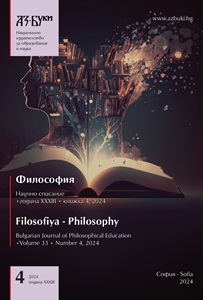
“All we have is means”: Ursula K. Le Guin’s utopianism as ongoingness
This article argues that we can affirm the impulse to change our current course and start over, while rejecting the idea that new beginnings take us out of our social and historical embeddedness. Instead, I propose using Ursula K. Le Guin’s science fiction and anarchist attention to process and “ongoingness” as a political good. Bringing her novels The Lathe of Heaven (1971) and The Dispossessed (1974) into conversation with contemporary movements for prison abolition, this essay ask show her imperfect utopianism contributes to understandings of political prefiguration, process, and the idea that social transformation must be an ongoing project.
More...



